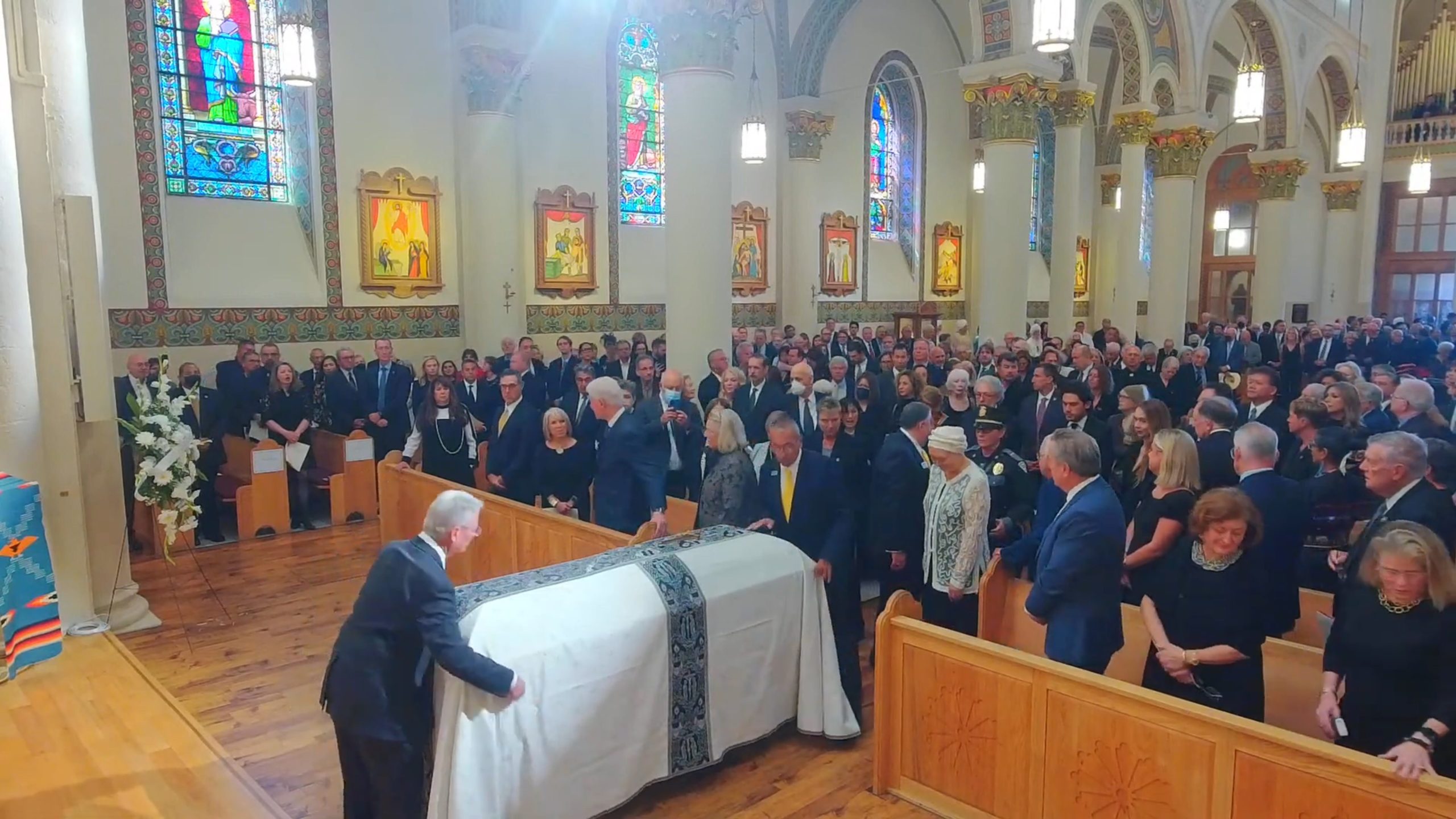Podcast: Play in new window | Download | Embed
When wildfire smoke clouds the air, you might be warned to avoid strenuous activity outside. But as fire seasons get longer and more intense, some air quality experts say that advice isn’t enough to protect your health.
Rachel Cohen of the Mountain West News Bureau reports.
About 15 adults take their seats in a classroom on the Nez Perce Reservation in north-central Idaho.
Johna Boulafentis invited them here this Wednesday night for an air quality workshop.
“We’re going to go over some things about indoor air (and) outdoor air.”
Boulafentis works for the tribe’s air quality department.
Pollution on the reservation has come from agricultural burning and a nearby paper mill. But now, wildfire smoke is the main problem.
“This is this is what we’re going to continue to see with climate change is increased and more frequent wildfires, which if you have fire, you have smoke.”
Mansel Nelson is with the Institute for Tribal Environmental Professionals at Northern Arizona University.
He’s critical of the longstanding public health guidance for avoiding wildfire smoke.
“The general advice to go indoors always makes me cringe.”
Why? Because the smoke doesn’t stay outside.
“In many cases indoor environments are almost as bad as outdoor and can even be worse.”
Boulefantis hopes to change that. So tonight on the reservation, she’s offering a lesson on air filtration – and eliciting some laughs along the way.
“Okay, why we’re all here today..”
She’s also giving away free portable air cleaners to tribal members.
Recipients include families with young children who have asthma and tribal elders – those who have higher health risks from smoke.
“Say hello to the Winix D360. This is the sweet baby.”
The cleaners stand about 2 feet tall and filter out more than 99% of smoke particles.
Boulafentis ordered 242 of them using funds from a state emergency preparedness grant.
“I want to come try it.”
People in the class talk about where they’ll put the cleaner in their house.
Outside, they pick up their own filters from the back of a minivan to take home.
The next week, the air quality program will host another class on the opposite side of the reservation to hand out filters to more tribal members.
In the next part of this story, we’ll visit with an elder as she receives one of the air cleaners.
This reporting was supported in part by a grant from the Institute for Journalism and Natural Resources.

In this photo from September 2022, a bass derby volunteer uses an electronic scanner on an angler’s catch. The scanner spots implanted microchips that are redeemable for cash prizes. (Courtesy Coquille Indian Tribe)
A cash-prize fishing derby has proven to be an effective tactic against invasive bass in southern Oregon.
As KLCC’s Brian Bull reports, it’s all to help safeguard salmon, prized by the Coquille Tribe.
Almost 12,000 fish have been reeled in since last year by anglers, as part of the annual smallmouth bass derby.
The event is hosted by the Port of Coquille River and sponsored by the Coquille Tribe, Oregon Department of Fish and Wildlife, and 3J Ranches.
Brenda Meade, chair of the Coquille Indians, says this helps reduce a major scourge in local waterways.
“They are just eating machines on the river, and they’re eating the salmon smolt. Salmon…there would be a huge loss, culturally significant to our ceremonies. To traditional foods. To our way of life.”
Meade says state conservation officials estimated a 99% drop in returning salmon in local waterways over a ten-year period.
The second annual derby started in June and has been extended to October 1.
There are 80 tagged fish that can win anglers prizes, with amounts ranging from $50, up to $10,000.

(Courtesy Cathedral Basilica of St. Francis)
Tribal leaders were among those to remember the life of former Gov. Bill Richardson (D-NM) as a funeral mass was held this week in Santa Fe.
Pueblo leaders say Gov. Richardson helped them prosper in many ways as governor and as a member of congress – improving social services, infrastructure, health care and education.
They say he also helped provide incentives for business development and gaming, and ensured religious freedom.
Under his leadership, the state’s Indian Affairs was elevated to a cabinet level department.
He passed away in his sleep in Massachusetts earlier this month at age 75.
Get National Native News delivered to your inbox daily. Sign up for our newsletter today.



